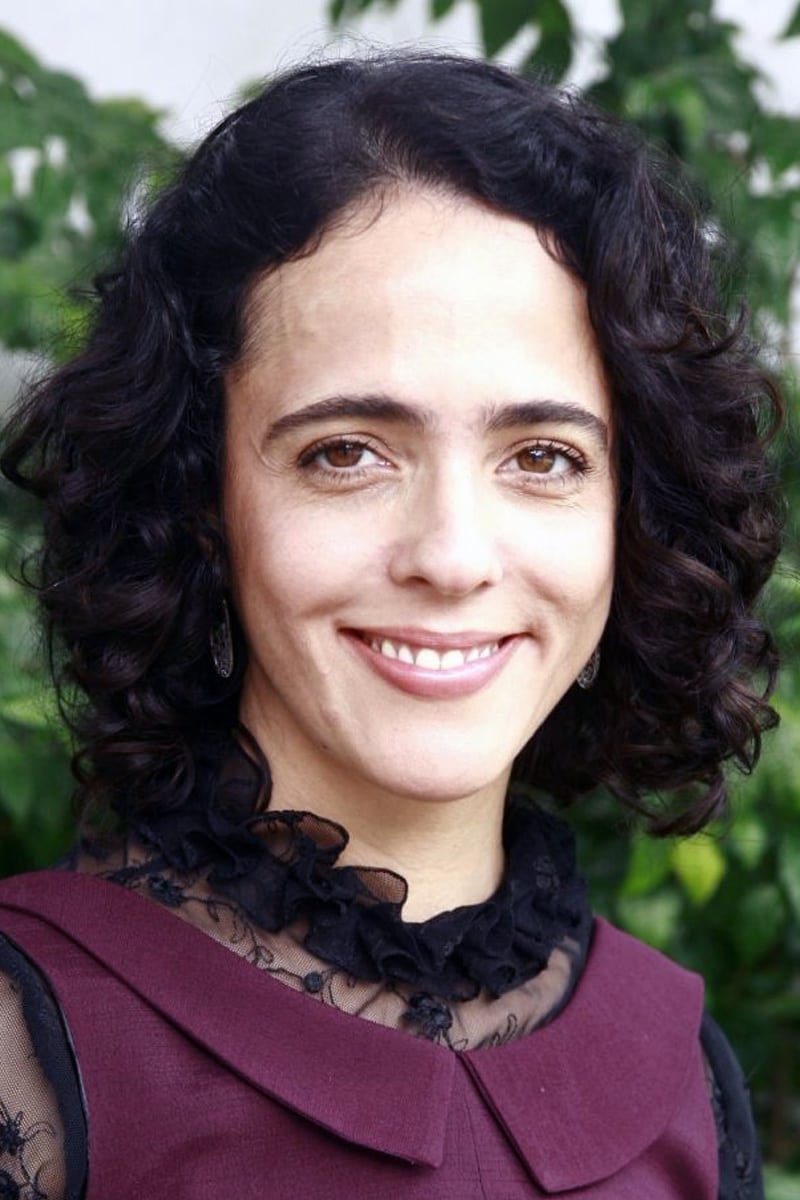
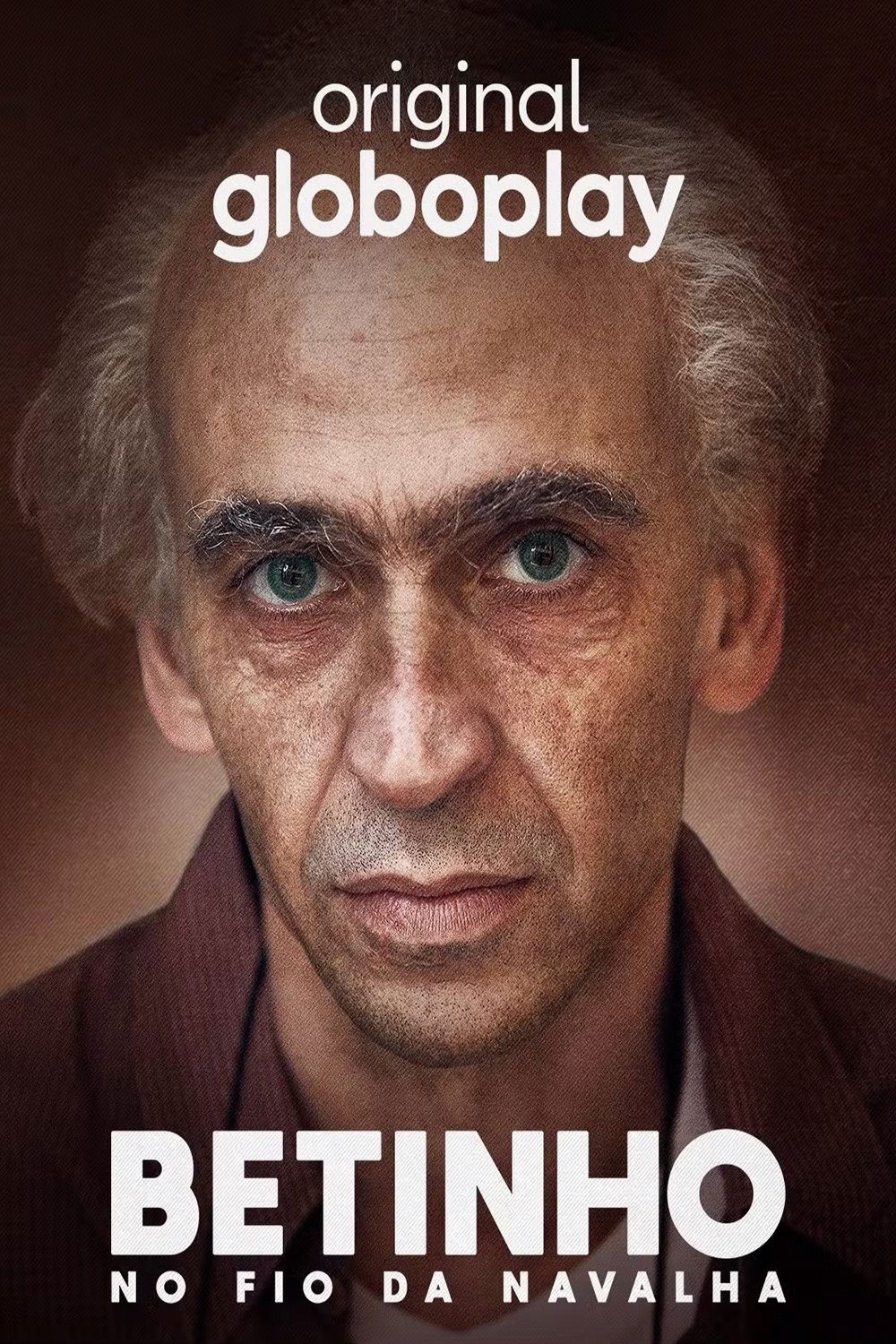
After eight years of a political exile imposed by the Brazilian military dictatorship, sociologist Herbert de Souza returns to his homeland. Alongside democracy activists, he faces the arrival of AIDS and puts the devastating impact of hunger under the spotlight. Overcoming his fragile health and personal tragedy, he creates the largest social awareness campaign in Brazilian history.
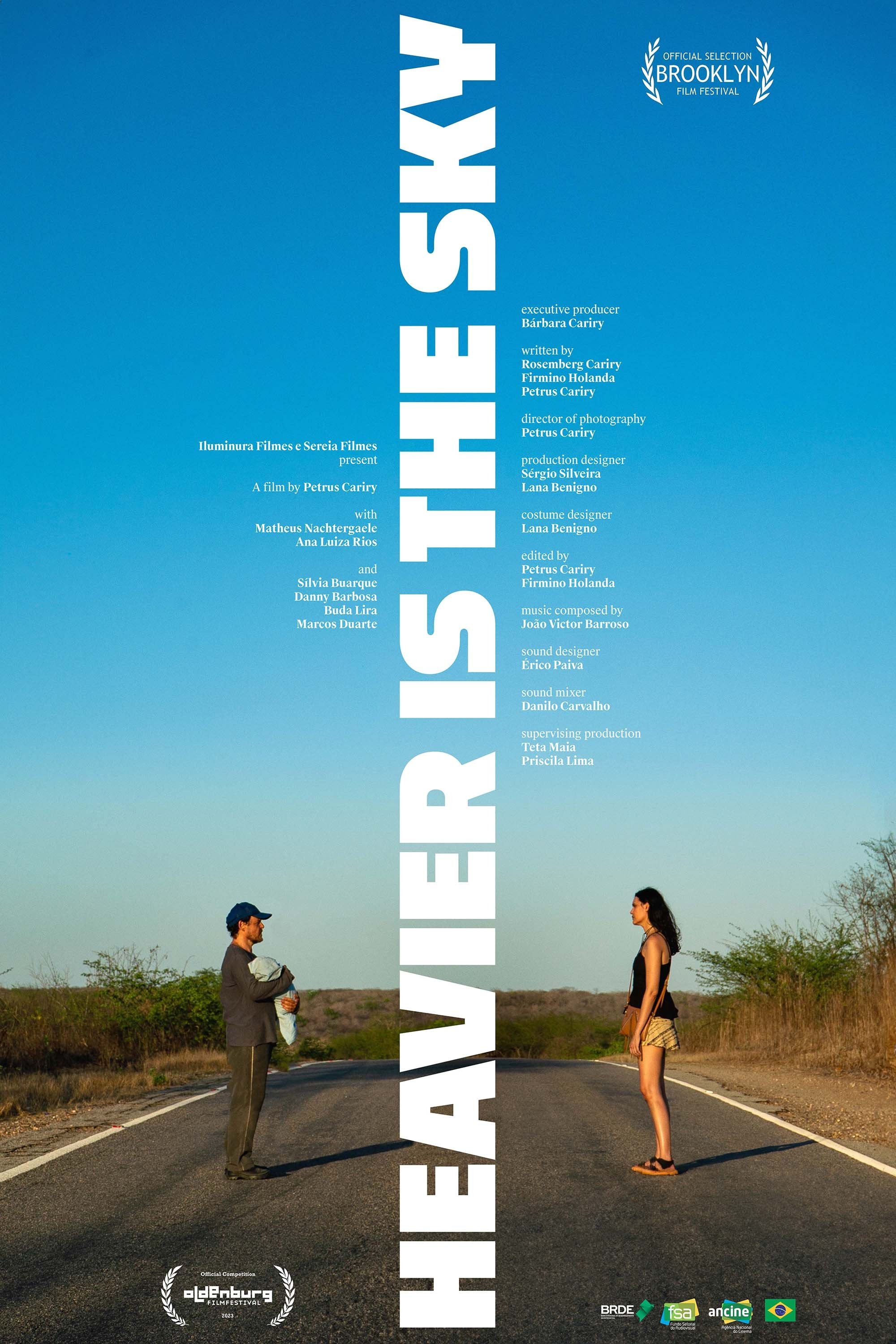
After taking in an abandoned child, Teresa meets Antônio and the two begin a journey on the roads. The common past, for them, is the memories of a city submerged at the bottom of a dam. Life is a dream, but the future is uncertainty.
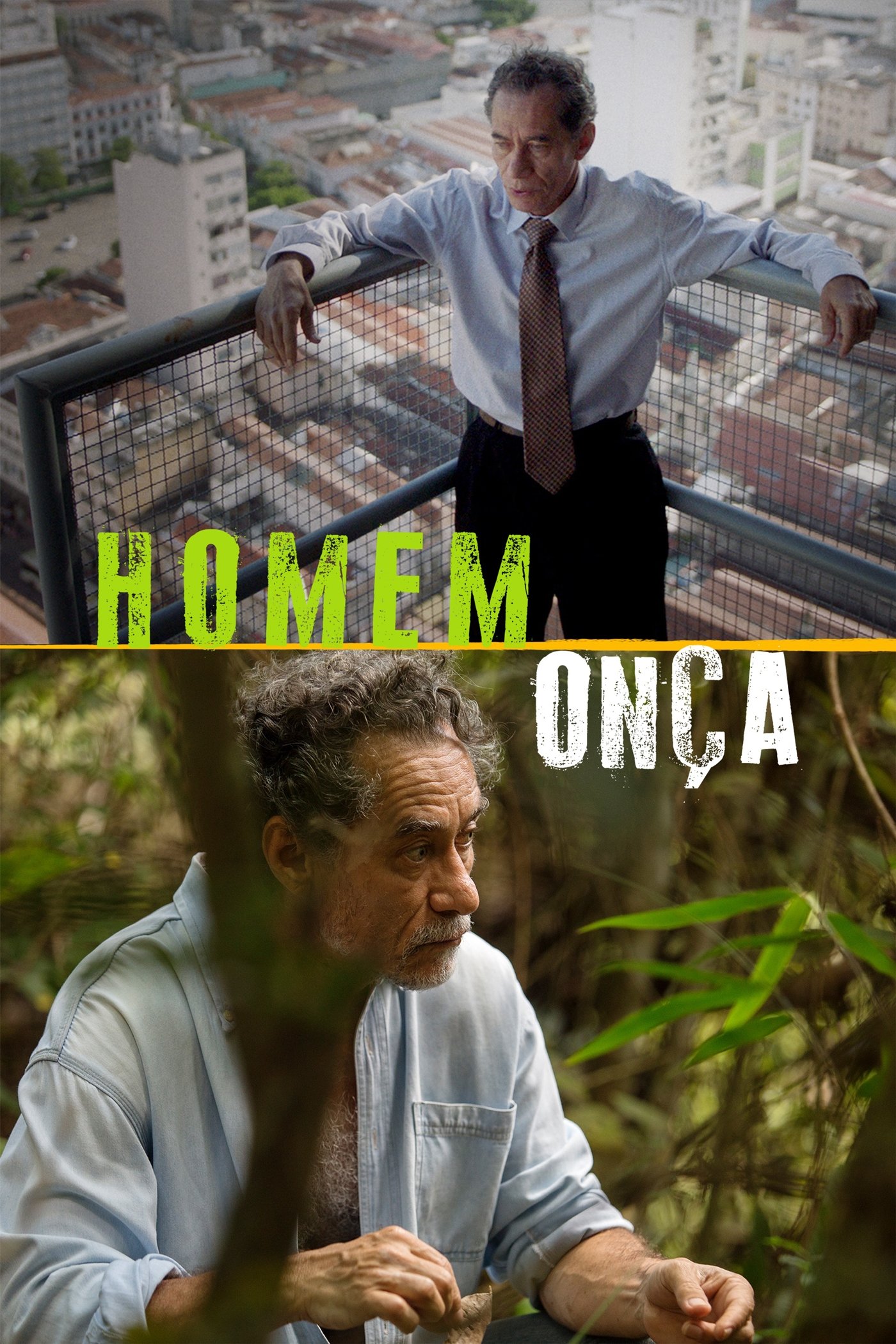
Two moments in the life of Pedro. First in 1997, he lives with his family in Rio de Janeiro and works at Gás do Brasil, a company that is undergoing a tough restructuring process, with layoffs and early retirements. Soon, privatization will come. In the second moment, two years later, Pedro lives retired in his hometown Barbosa, in the company of his childhood memories, his dog and his girlfriend. By interweaving these two moments in time, we put ourselves in Pedro's skin and experience his fears and delights.
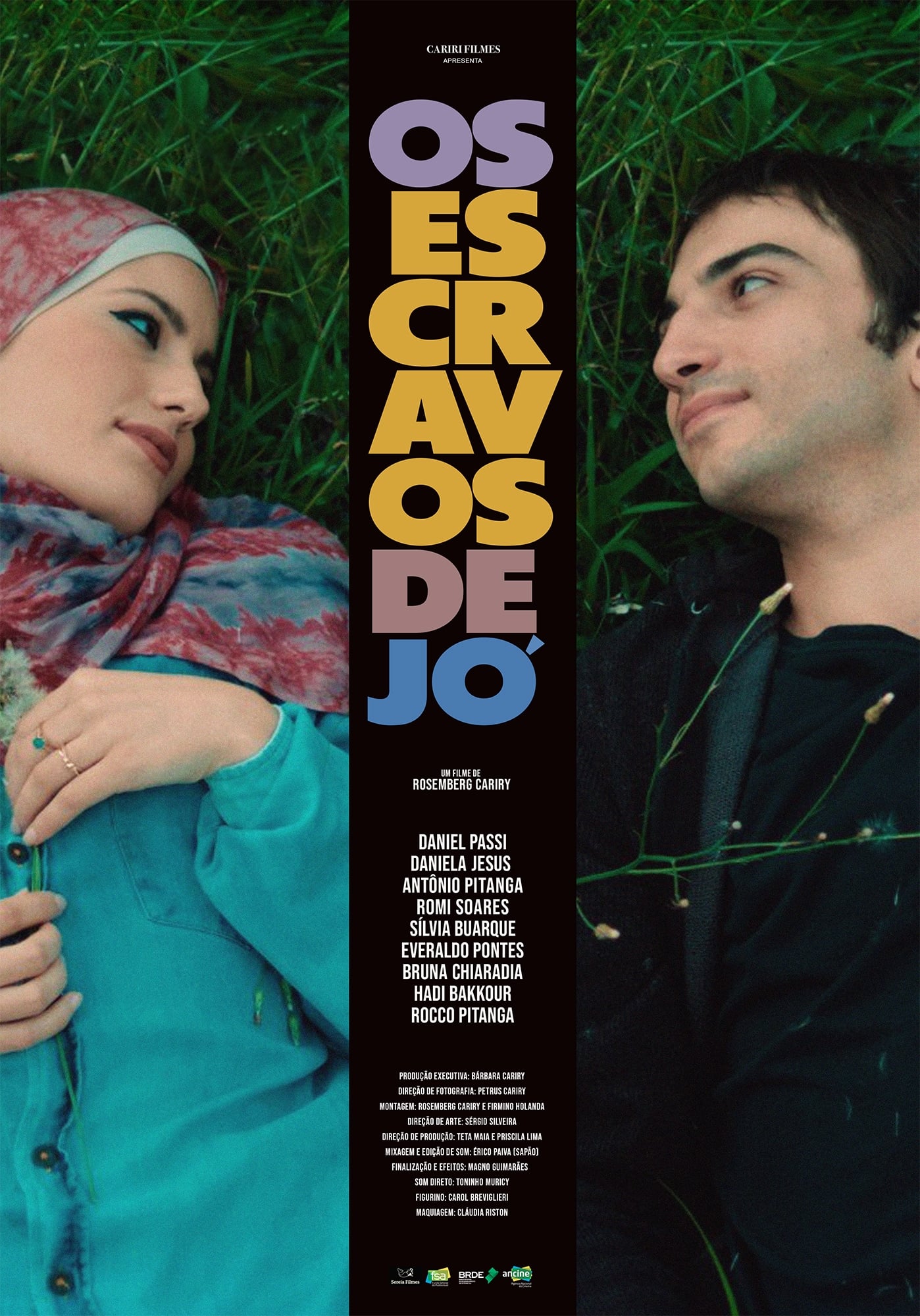

In an arid and poor region of Brazil, bikers search for a miracle to make it rain and save the land, risking their lives.
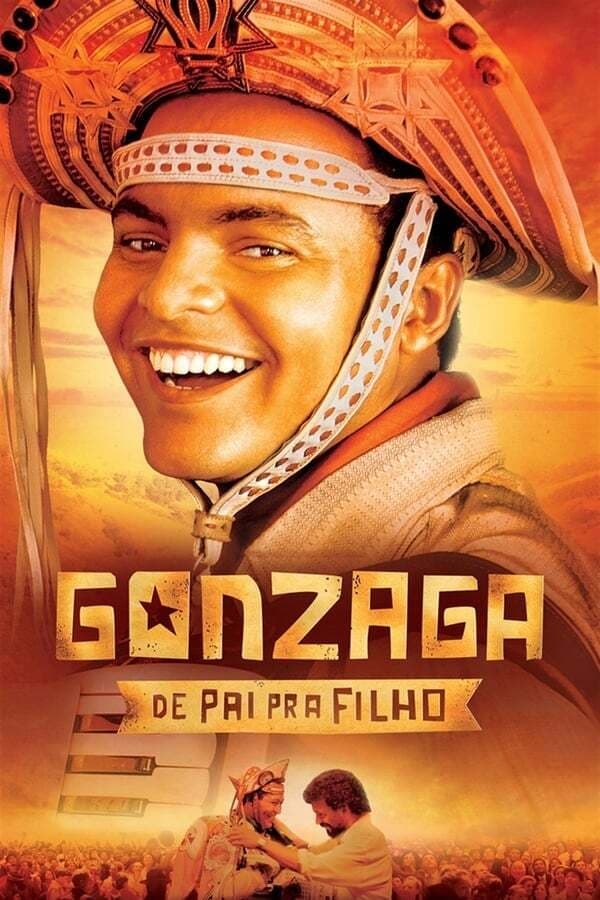
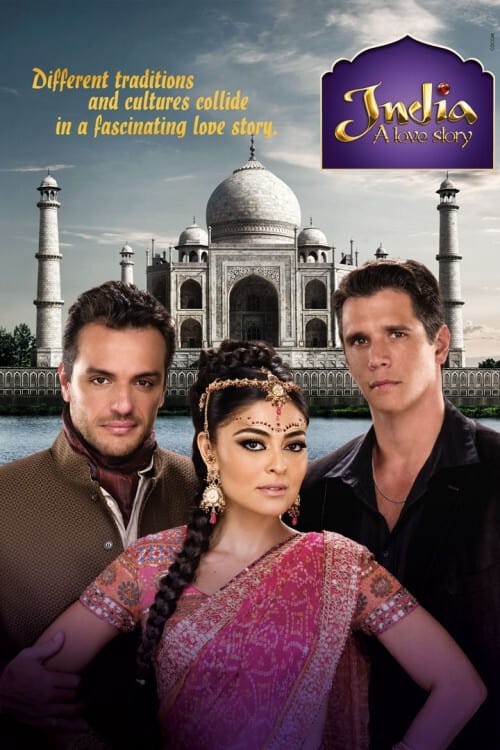
The daughter of a traditional, rich Indian family falls in love for a Dalit, and "untouchable" man.
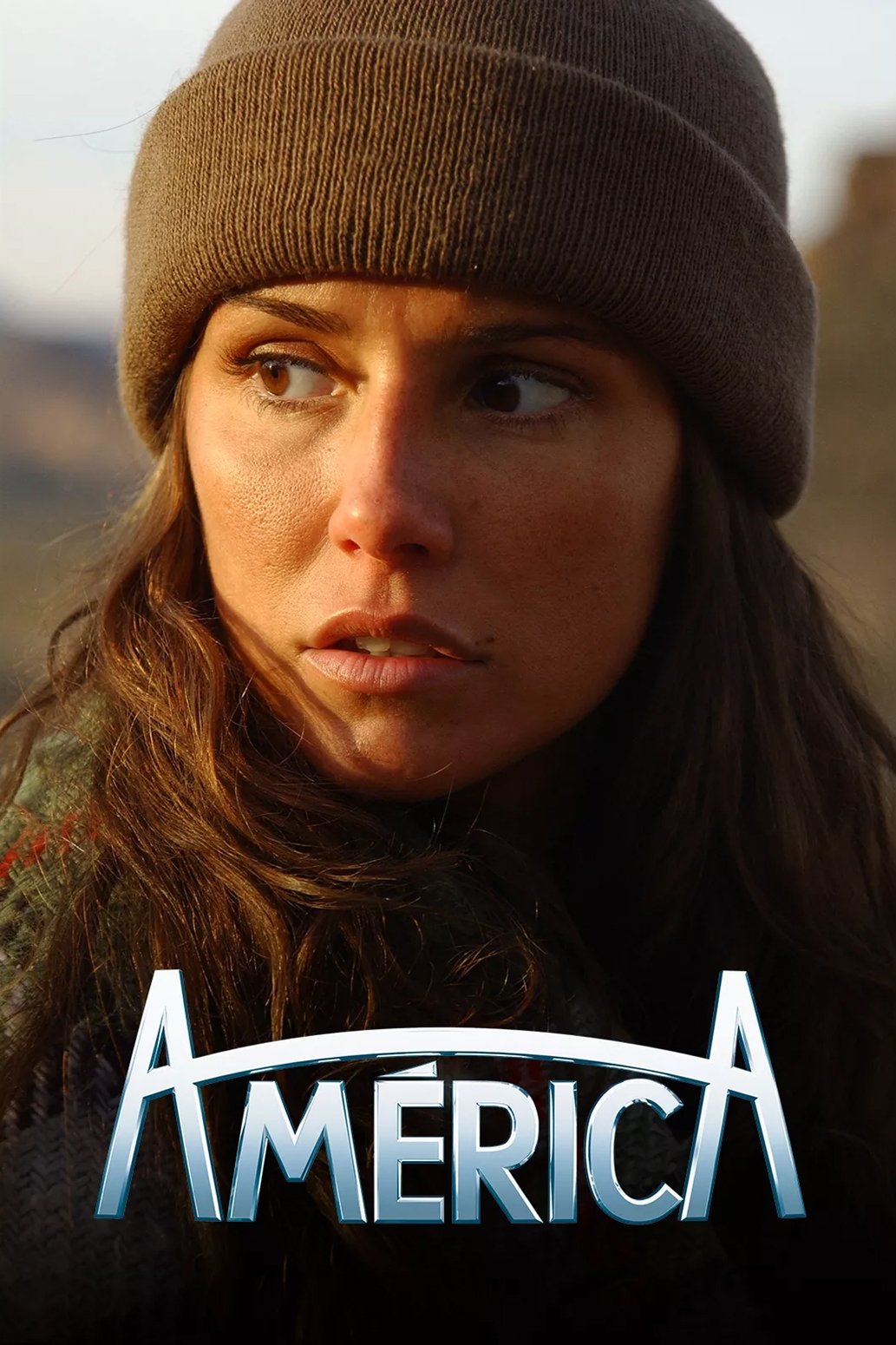
Sol and Tião are born to different social backgrounds—she to a poor suburban family in Rio, and him to an even poorer family who raised cattle in West São Paulo State. They eventually meet, due to unlikely circumstances, but part again, as she has set as her ultimate priority to reach the United States or bust. While she comes to the U.S. to live as an illegal immigrant, he remains in Brazil and, despite many trials and tribulations, he becomes a successful rodeo cowboy.

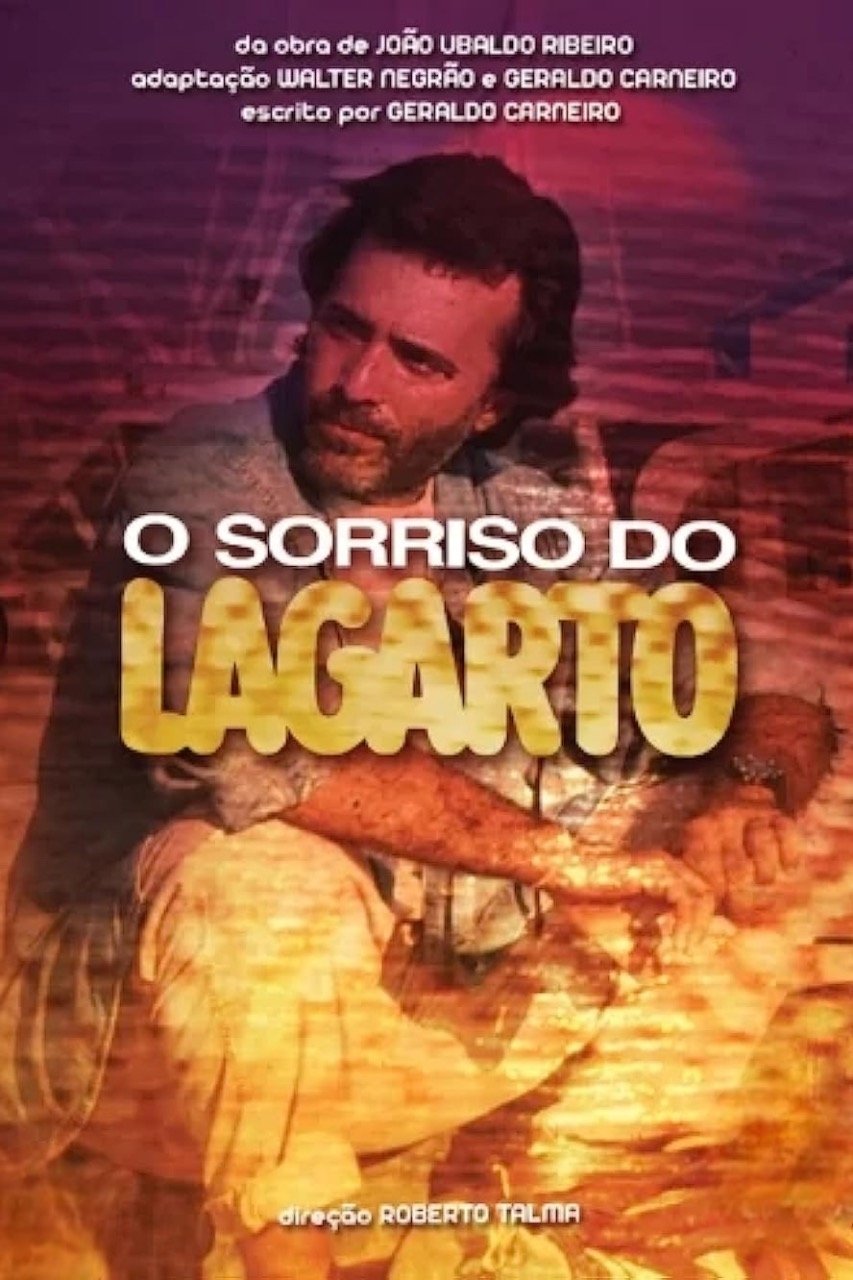
By browsing this website, you accept our cookies policy.